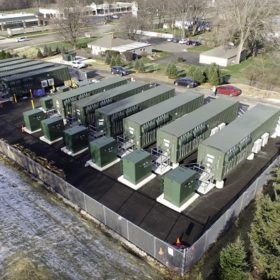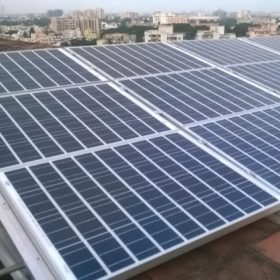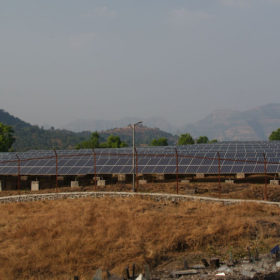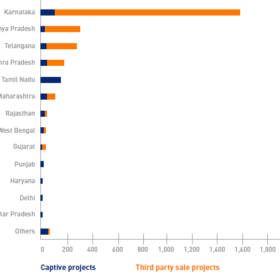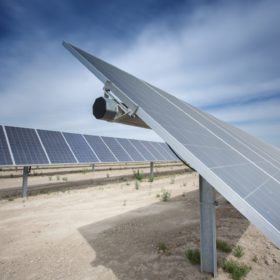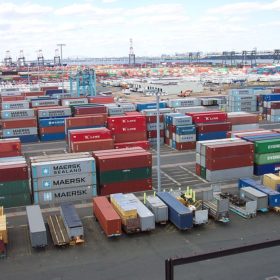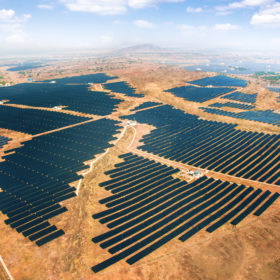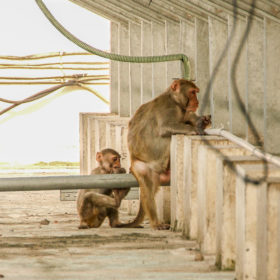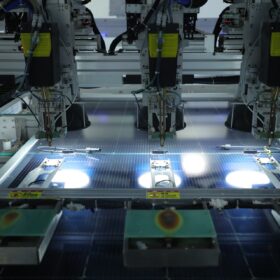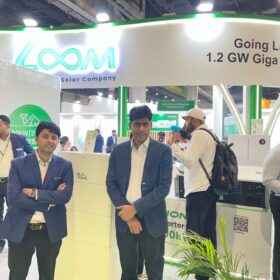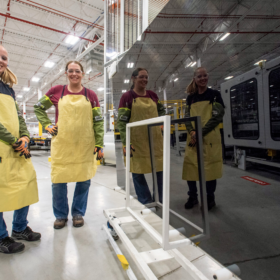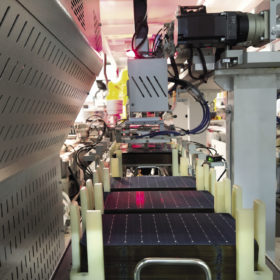India’s solar dreams need storage push – IESA
With a rapid reduction in costs, solar plus storage can be an effective alternative for customers buying peak power from the grid. At the same time, utilities can avoid investments in peak capacity or eliminate load shedding by utilizing these resources.
MNRE timetable tries to get solar authorities into line
The government department has allocated various months for enabling organisations to hold their tendering and bidding processes, but critics have pointed out states are free to formulate their own plans.
SECI issues 250 MW tender for Maharashtra solar park
Bidders can apply for the whole capacity or 50 MW sections, and the maximum payable tariff for the energy generated cannot exceed Rs2.93/kWh. The electricity generated will be sold to the state power company.
Uttar Pradesh, Haryana will lead open access solar by 2022
States such as Karnataka and Madhya Pradesh, which previously took the lead in terms of installed solar capacity, are likely to take a back seat on this issue, due to the rollback of incentives.
Almost 60 GW of new solar by 2023
A combination of national, state and public body commitments could see the amount of PV added nationally treble on the last four-year period. But even with a new 7-8 GW added, rooftop solar will still be bringing up the rear.
State-owned miner plans 300 MW of solar
The Singareni Collieries Company plans to pump more than Rs400 crore into nine PV projects across its operations in Telangana state. The largest of the new installations will be two 60 MW plants.
SECI announces 160 MW tender for hybrid storage project
The Solar Energy Corporation of India Limited (SECI) has announced a tender for a 160 MW wind, solar and storage plant to be located in the state of Andhra Pradesh.
Few winners as India imposes 25% safeguard duty, says IHS Markit
The tariff means PV projects will pause as developers adjust procurement strategies and new tenders risk delays or cancellation. The two-year limit on the duty will not be long enough to prompt more cell manufacturing capacity and as for imports, there are doubts over how the origin of cells will be adjudicated so that Chinese and Malaysian cells are subject to the charge, say analysts.
SECI launches 750 MW Rajasthan tender
With a maximum fixed tariff of $0.0427/kWh under a 25-year PPA, the total capacity available is made up of 10 MW multiples and could potentially all go to one bidder.
Quality issues in Indian PV projects jeopardizing investments – report
Inspectors from solar risk management company PI Berlin visited six projects and exposed cost-cutting in installation, non-existent warranties, serious safety concerns and improbable performance figures.
